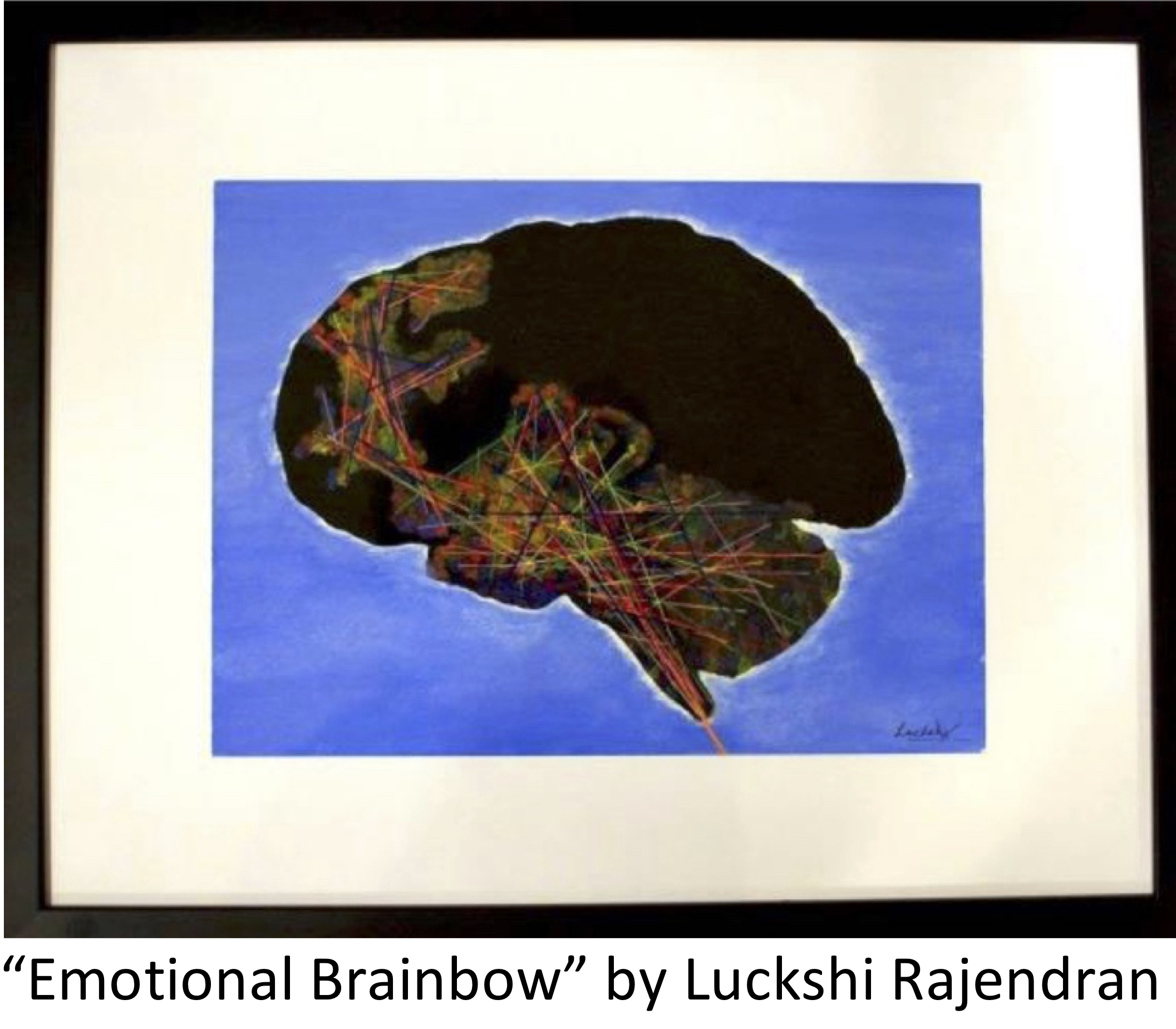It takes a community to train a future physician: social support experienced by medical students during a community-engaged longitudinal integrated clerkship
DOI:
https://doi.org/10.36834/cmej.43460Abstract
Background:Social support may be beneficial for medical students who must develop adaptive strategies to respond to the demands and challenges during third-year clerkship.We provide a detailed description of the supportive behaviours experienced by third-year students during a longitudinal integrated clerkship (LIC) in the context of rural family medicine.
Methods:Informed by a social constructivist research paradigm, we undertook a qualitative study to understand from the students’ perspectives the presence and characteristics of social support available during a LIC.Data were collected from conversational interviews at three points during the eight-month clerkship year, pre-, during, and post-clerkship, to explore how 12 medical students experienced social support. We employed an innovative methodological approach, the guided walk method, to gain the students’ stories in the contexts where they were taking place.
Results: The participants described the relationships they developed with various sources of social support such as (a) preceptors, (b) peers, (c) family, (d) health professionals, and (e) community members.
Conclusion:Various individuals representing communities of practice such as the medical profession and community members were intimately related to the longitudinal aspects of the students’ experiences. The findings lend credence to the view that it really does take a community to train a future physician.
Downloads
Downloads
Published
How to Cite
Issue
Section
License
Submission of an original manuscript to the Canadian Medical Education Journal will be taken to mean that it represents original work not previously published, that it is not being considered elsewhere for publication. If accepted for publication, it will be published online and it will not be published elsewhere in the same form, for commercial purposes, in any language, without the consent of the publisher.
Authors who publish in the Canadian Medical Education Journal agree to release their articles under the Creative Commons Attribution-Noncommercial-No Derivative Works 4.0 Canada Licence. This licence allows anyone to copy and distribute the article for non-commercial purposes provided that appropriate attribution is given. For details of the rights an author grants users of their work, please see the licence summary and the full licence.










